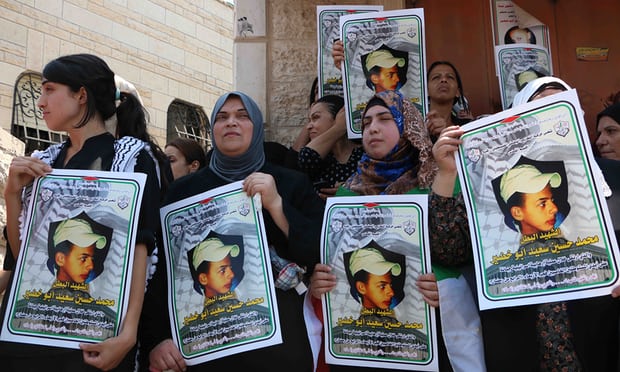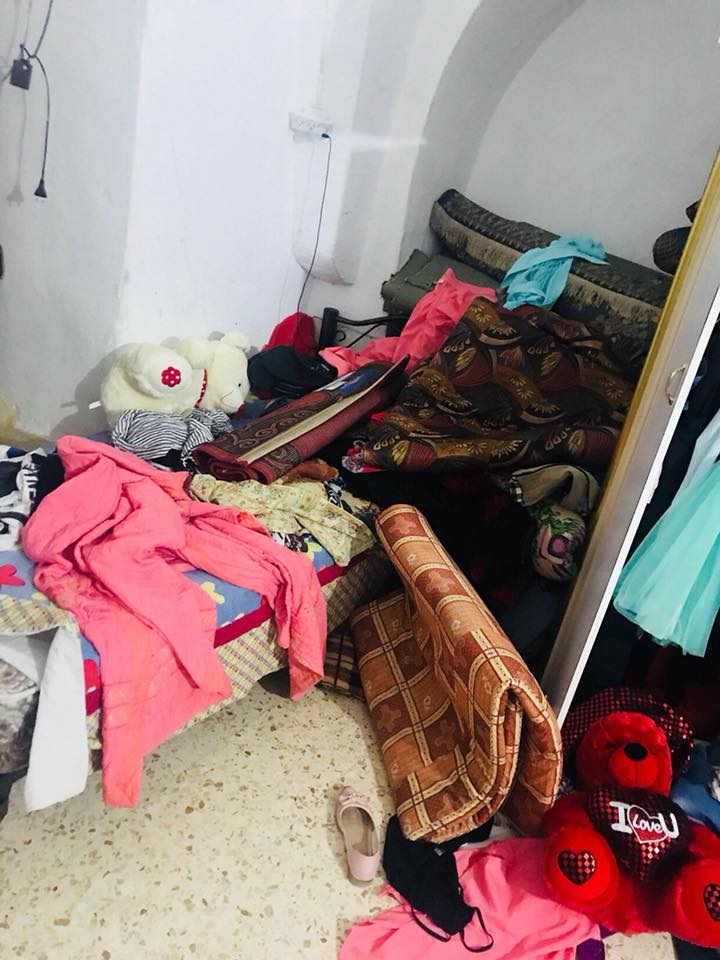-
The four year anniversary of the murder of Mohammed Abu Khdeir
The 2nd of July 2018 is four years to the day since the kidnapping and murder of Mohammed Abu Khdeir, a 16 year old Palestinian boy from Shu’fat in East Jerusalem. The shocking nature of his murder and its context, occurring only 6 days before Israeli bombing campaigns in Gaza, make it a painful memory […]
-
‘Our kites fly over the invisible borders and reach what we cannot’: ISM speaks to Yasmeen Najjar at the annual kite festival in Burin
29th June 2018 | International Solidarity Movement, Al-Khalil team | Burin, occupied Nablus Burin is a small village located seven kilometres to the southwest of Nablus in the occupied West Bank, and is home to around 3000 people. The village is surrounded by multiple illegal Israeli settlements, and is subjected to constant violent settler attacks […]
-
ISM speaks to ‘Aref Jaber about the increase of raids by Israeli forces in his neighborhood
23rd June 2018 | International Solidarity Movement, Al-Khalil team | Hebron, occupied Palestine ‘Aref Jaber lives in the Jaber neighbourhood in the H2 area of occupied Hebron, under Israeli control. He is a local activist and works with Human Rights Defenders filming and publicising the violations of international law committed by Israeli forces in his […]
Action Alert An Nabi Saleh Apartheid Wall Arrests BDS Bethlehem Bil'in Cast Lead Demonstration Denial of Entry Ethnic Cleansing Farmers Gaza Global Actions Hebron House Demolition International law Israeli Army Jerusalem Live Ammunition Nablus Ni'lin Prisoner Ramallah Rubber-coated steel bullets Settlement Settlers Settler violence Tear-Gas Canister Video



